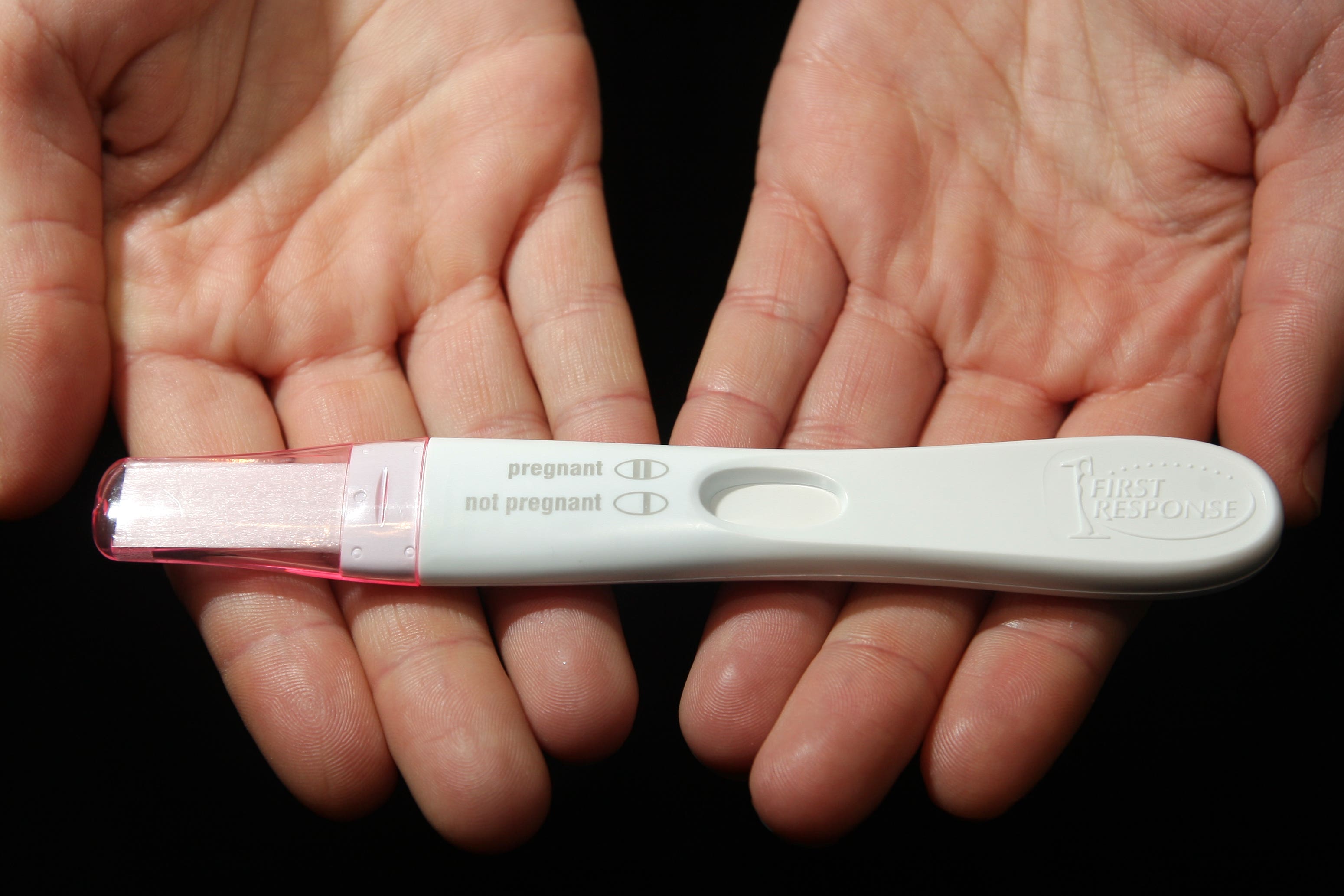Government was warned NI abortion laws could infringe human rights
Declassified files warned any attempt to liberalise the laws would be controversial.

The Government was warned in 1992 that abortion laws in Northern Ireland may constitute an infringement of human rights, declassified papers have revealed.
However, it was also said that any attempt to repeal or clarify the laws would be highly controversial and lead to “acrimonious debate”.
The 1967 Abortion Act had made terminations legal in Great Britain for up to 24 weeks but it was not extended to Northern Ireland, where abortions were only permitted if a women’s life was at risk or there was a risk of permanent or serious damage to her physical or mental health.
The present legal framework has over the years attracted criticism on the grounds that it is not only unclear, ambiguous and outdated but also oppressive and discriminatory in practice
In October 1992, Dr Jeremy Harbison, a senior official in the Department of Health and Social Services and Public Safety, wrote an internal memo on Northern Ireland’s abortion laws in the wake of the X Case controversy in the Republic of Ireland, where a 14-year-old rape victim was initially prevented by the courts from travelling to England to terminate her pregnancy.
He wrote: “The present legal framework has over the years attracted criticism on the grounds that it is not only unclear, ambiguous and outdated but also oppressive and discriminatory in practice.”
He said one particular criticism of the law was that it “may constitute an infringement of human rights”.
He added: “The present controversy surrounding the issue of abortion in the Irish Republic has served to intensify these criticisms and led for increased pressure for clarification and changes in the law in Northern Ireland.
“Following an opinion poll in the spring of this year (which appeared to reveal a surprising degree of support for the liberalisation of the existing law on abortion) there were calls by Great Britain MPs and the Abortion Law Reform Association for the extension of the Abortion Act 1967 to Northern Ireland or at the very least the clarification of the existing law.
“Furthermore, the calls for clarification have the support of a number of prominent and respected people in the legal and medical fields.
“The present legal framework is unsatisfactory and there are strong grounds for initiating a consultation process to test public reaction on proposals for clarifying the existing provisions under which abortions may be performed.”
Dr Harbison added: “There is however little doubt that a departmental initiative of this kind would be highly controversial and lead to acrimonious debate with a range of vested interests such as main churches, political parties, etc, which have consistently opposed any change in the status quo.
“Furthermore the Government has traditionally avoided promoting legislation on social issues such as abortion.
It would be helpful if a Northern Ireland MP could be persuaded to take the issue on board
“For this reason it would be clearly desirable for the Government to be seen to be responding to a demand for clarification of the abortion law rather than initiating the debate on this highly involved and complex issue.
“Ideally in line with the Government’s traditional approach it would be helpful if a Northern Ireland MP could be persuaded to take the issue on board.
“However, it is already clear that none of the Northern Ireland MPs would be prepared to take an initiative on the abortion issue.
“But the same result would be achieved if a reputable and non-aligned body such as Standing Advisory Committee on Human Rights (SACHR, a UN committee) could be persuaded to call upon the Government to undertake public consultation to clarify the existing law on abortion.”
The memo ended with the official seeking ministerial approval for discussions with the SACHR to see what role it could play in clarifying abortion laws in Northern Ireland.
Northern Ireland’s abortion laws were liberalised in 2019 following legislation passed by Westminster at a time when the powersharing government at Stormont had collapsed.
Bookmark popover
Removed from bookmarks